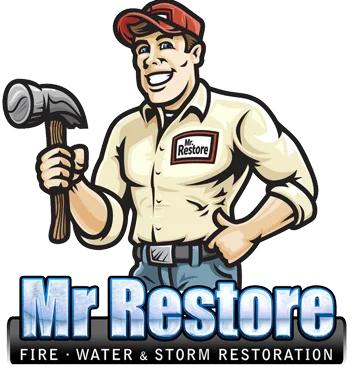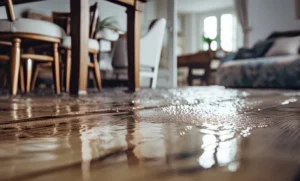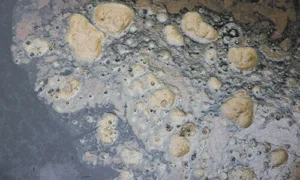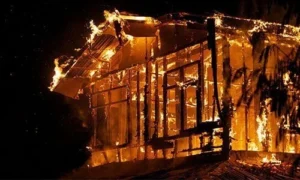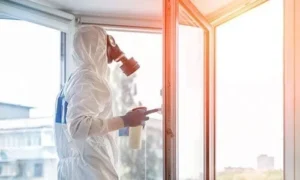From Traditional Methods to Modern Solutions
Water damage, a challenge as old as buildings themselves, has seen a significant evolution in its restoration methods over the years. From simple tools and techniques to today’s sophisticated solutions, the journey of water damage restoration reflects the advances in technology and a deeper understanding of the effects of water damage on structures.
The Era of Basic Tools and Techniques
In the past, dealing with water damage, especially in scenarios like basement flood cleanup and repair, was primarily manual. It involved basic tools such as buckets, mops, and sponges – a labor-intensive process that often left underlying issues unresolved. This method was time-consuming and not always effective, especially in commercial settings where the scale of commercial water damage restoration was significantly larger.

Transition to Advanced Techniques and Equipment
As time progressed, so did the techniques for addressing water damage. The industry witnessed a shift towards more advanced methodologies, particularly in residential water damage restoration. The introduction of powerful water extraction units, dehumidifiers, and air movers revolutionized the process, making it faster and more efficient. This era marked a significant improvement in handling flood damage restoration and water removal and extraction.

Modern Era and the Integration of Technology
Today, the field of water damage restoration is more sophisticated than ever. The use of infrared cameras for moisture detection, advanced structural drying techniques, and the implementation of environmentally friendly methods exemplifies the modern approach to emergency water & flood cleanup. This shift not only ensures thorough restoration but also prioritizes the health and safety of occupants.

Conclusion
The transformation in water damage restoration techniques over the years has not only enhanced efficiency but also improved outcomes for property owners. The journey from traditional methods to modern solutions highlights the importance of adapting to new technologies and practices in property care and maintenance.
